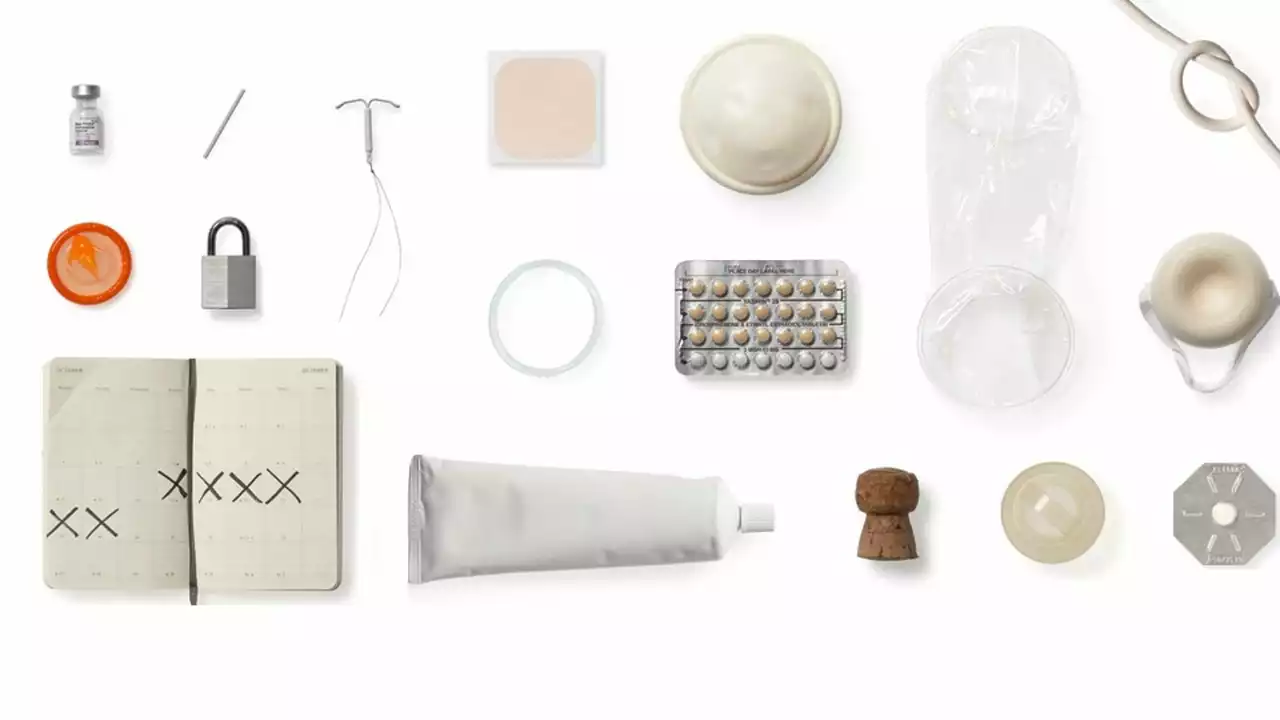Understanding the Different Contraception Types
Choosing the right contraception can feel overwhelming with so many options out there. But knowing the basics about each type helps you get clear on what fits your needs and lifestyle. From pills to devices and natural methods, contraception offers various ways to prevent pregnancy safely.
Let's start with one of the most common forms: hormonal contraception. This includes birth control pills, patches, injections, and vaginal rings. These methods work by releasing hormones that prevent ovulation or thicken cervical mucus, stopping sperm from reaching an egg. They’re popular because they’re easy to use and highly effective when taken correctly.
Barrier Methods and Their Role
Barrier methods include condoms, diaphragms, and cervical caps. These physically block sperm from entering the uterus. Condoms are unique here since they also protect against sexually transmitted infections (STIs), making them a great choice for protection beyond just preventing pregnancy. The advantage? No hormones involved and easy availability. The downside? They require correct use every time to be effective.
Long-Acting Reversible Contraceptives (LARCs)
For those wanting a set-it-and-forget-it approach, LARCs like intrauterine devices (IUDs) and implants are game changers. These go inside your body and provide protection for years. IUDs can be hormonal or copper-based; both prevent fertilization but work differently. Implants release hormones to stop ovulation and can last up to three years. The best part? High effectiveness and minimal daily upkeep.
There are also natural methods such as fertility awareness, where tracking your cycle helps avoid sex on fertile days. These require discipline and may not suit everyone but can be effective if done properly. Plus, permanent options like sterilization exist for those sure about no future pregnancies.
Picking the right contraception isn’t just about effectiveness—it’s about what fits you best. Consider lifestyle, comfort with the method, health conditions, and your future plans. Have a chat with your healthcare provider to learn what might be most suitable. Remember, the best contraceptive is the one you can use consistently and confidently.
Feeling informed means making decisions without the stress. Whether you want hormone-free options, long-term protection, or something simple for occasional use, contraception types offer options for every situation. Take control of your reproductive health with the method that works for you.
Exploring the Different Types of Contraception: Pros and Cons
In my latest blog post, I explored the various types of contraception available, discussing their benefits and drawbacks. From barrier methods like condoms and diaphragms to hormonal options like birth control pills and IUDs, I covered it all. I also touched on permanent solutions such as sterilization, and natural methods like fertility awareness. By weighing their pros and cons, I aimed to help my readers make informed decisions about their reproductive health. Check out the full post for a comprehensive guide on choosing the right contraceptive method for your lifestyle and needs.
